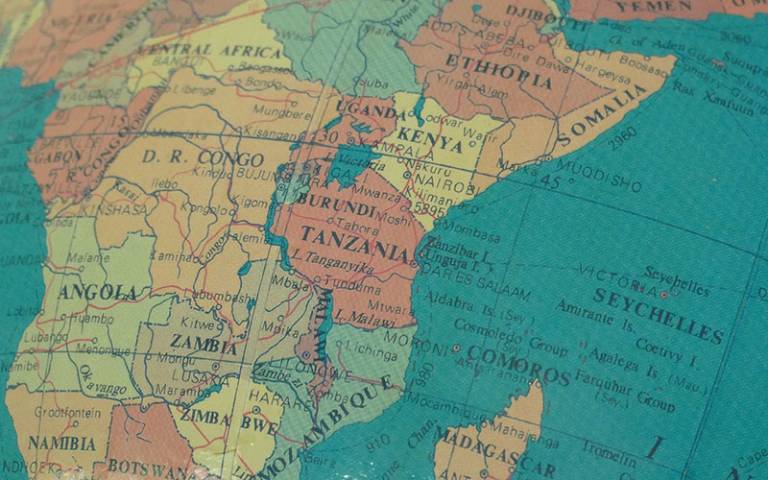Why Colonialism is Wrong
21 March 2019, 6:00 pm–7:00 pm

The Current Legal Problems (CLP) lecture series and annual volume was established over fifty five years ago at the Faculty of Laws, University College London and is recognised as a major reference point for legal scholarship.
Event Information
Open to
- All
Organiser
-
UCL Laws
Location
-
Gideon Schreier LTBentham HouseUCL LawsLondonWC1H 0EGUnited Kingdom
Speaker
Massimo Renzo (King's College London)
About the lecture:
Historically, colonial domination has involved subjecting innocent populations to atrocities such as murder, torture, and exploitation. But pointing at these wrongs is not enough to explain the distinctive way in which colonialism is wrong. After all, murder, torture and exploitation are wrong whether or not they occur in the context of colonial occupation. If all we can do to explain the nature of colonialism is point at the fact that it typically involves the perpetration of these crimes, we cannot vindicate the thought that there is something distinctively wrong with it. And yet, intuitively the victims of colonial domination have suffered a distinctive wrong over and above those associated with these crimes. How should we understand the nature of this wrong? A prominent account appeals to the idea that colonialism involves the subjection of the colonized to the authority of the colonial power against their will. I argue that this view is implausible because it is unable to distinguish between cases of colonialism and cases of forcible annexation, such as the one suffered by Crimea at the hands of Russia in 2014. I then offer an alternative account which appeals to the idea that colonial domination undermines the capacity of political communities to exercise their self-determining agency in a particular way. When political communities are treated in this way, there is a distinctive wrong that is perpetrated against their members, independently of whether this treatment is accompanied by any of the other wrongs listed above. To make my case, I first introduce the notion of political self-determination, sketching a philosophical account of what it takes for a political community to exercise its self-determining agency. Then, I describe the distinctive way in which colonialism undermines the capacity of a political community to do so. Finally, I illustrate the role that forced assimilation plays within this process.
About the speaker:
Massimo Renzo is Professor of Politics, Philosophy & Law at the Dickson Poon School of Law, King’s College London. He has held visiting appointments at the Australian National University, the University of Virginia, the University of Arizona, the Murphy Institute, the National University of Singapore and the Nathanson Centre for Transnational Human Rights, Crime & Security. He is an affiliated researcher at the Stockholm Centre for the Ethics of War & Peace, the Honorary Secretary of the Society for Applied Philosophy and one of the Editors of the journal Criminal Law and Philosophy.
 Close
Close

